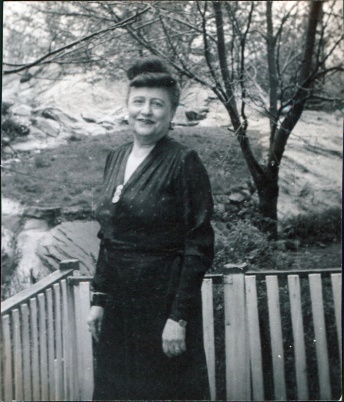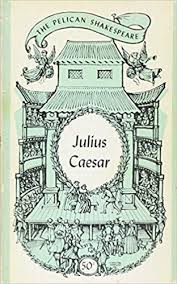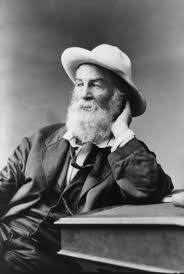
The best learning proceeds from genuine curiosity. Here I am examining a trout just caught by my father on our camping trip. I will soon learn what the insides of a fish look like and how it turns into something we will eat. My curiosity continues to guide my life, from the books I read to the friends I make. I genuinely want to know and understand things, and I have been able to keep this trait alive.
When I taught literature to college students, I made it a point to always reread each poem, play or short story we were to discuss before the class met. I did this even if I had read it fifty times before and could have easily “coasted” through the class. When I was encountering a piece “again for the first time” I could more easily appreciate students’ struggles with the readings and could engage their curiosity. I might ask “why do you think this poem is so confusing?” Or “where were you in the story when your mind drifted off?”
Sadly I frequently had to confront the effects of earlier teachers. Questions that I was sincerely asking were sometimes received as one more “guess how the teacher is going to answer her own question.” Needless to say that kind of teaching to the teacher doesn’t engage anyone’s curiosity. But after a while they realized that I didn’t have an answer to the question I had just posed. I really wanted to know what they thought.
I hope that all of us can keep our minds open to new possibilities and continue to find the world as Alice in Wonderland found it “curiouser and curiouser.”










